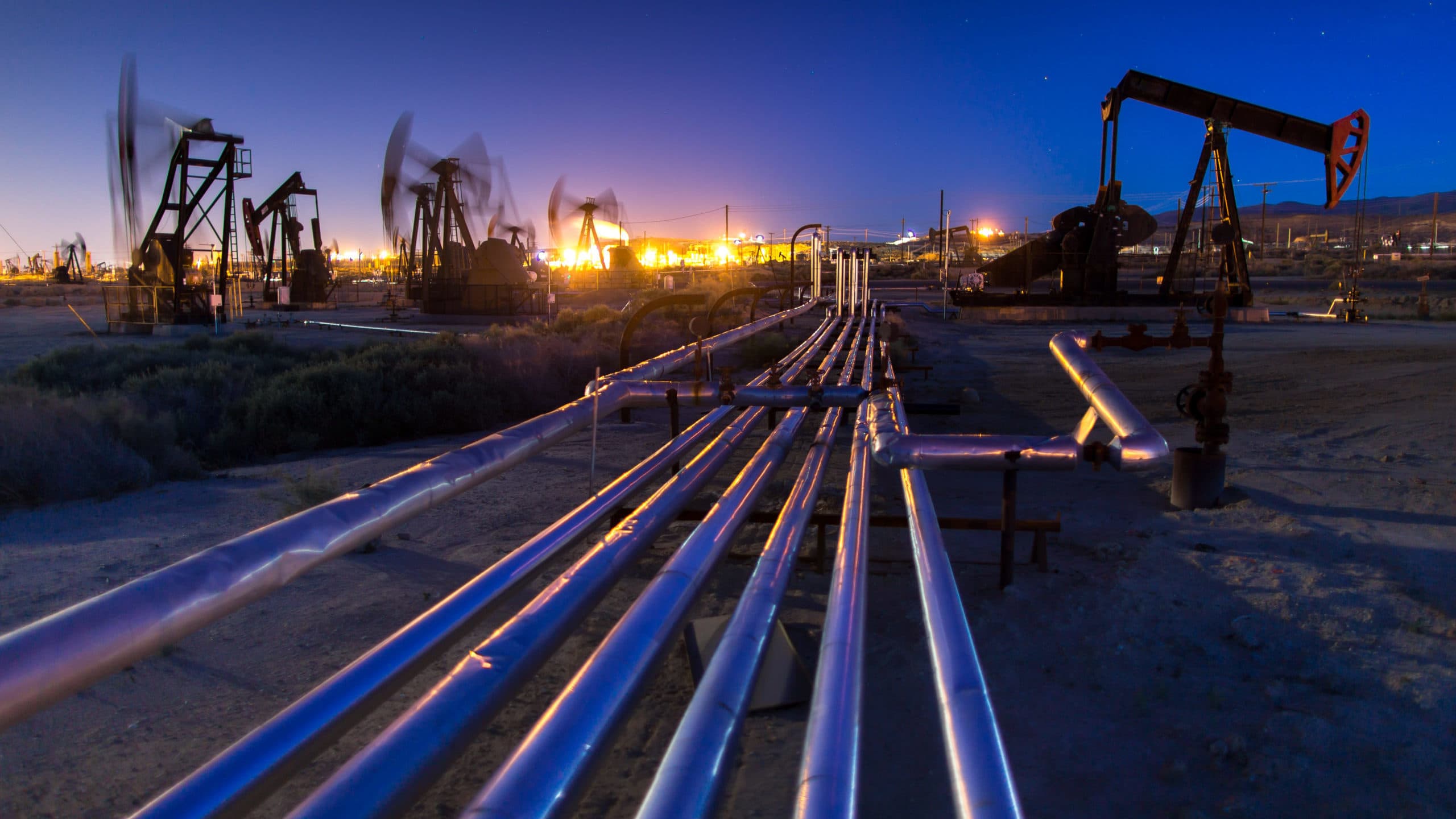We're loading the full news article for you. This includes the article content, images, author information, and related articles.
A contentious proposal for a new oil pipeline to Asia is testing Canada's national unity and its ambitions to become a global energy superpower, with significant implications for international trade and environmental policy.

A fierce dispute between two of Canada's western provinces over a proposed oil pipeline has escalated, challenging Prime Minister Mark Carney's government and its strategy to diversify energy exports away from the United States. The conflict places Alberta, a province rich in oil, against its neighbour, British Columbia, highlighting deep divisions over economic priorities and environmental protection.
At the heart of the issue is a proposal championed by Alberta Premier Danielle Smith for a new pipeline to transport crude oil from Alberta's landlocked oil sands to British Columbia's northern Pacific coast, with the ultimate goal of reaching lucrative Asian markets. Smith's government has committed an initial $14 million to develop a formal application for the project, arguing it is essential for Canada's economic prosperity and fulfilling a “higher duty to humanity.” This move comes as Canada seeks to reduce its economic dependence on the U.S., a goal underscored by trade tensions and a desire to expand into growing global markets.
The proposal has been met with staunch opposition from British Columbia. Premier David Eby has publicly dismissed the pipeline as a “fictional” and “political” project, asserting that it lacks a private sector proponent and threatens his province's environmental goals and burgeoning liquefied natural gas (LNG) export industry. Eby has also raised concerns about the potential lifting of a federal ban on oil tanker traffic along B.C.'s northern coast, a measure he considers fundamental to protecting the marine environment. The war of words has become increasingly personal, with Smith accusing Eby of being “un-Canadian and unconstitutional” for attempting to block a project of national importance, a charge Eby vehemently denies.
This inter-provincial battle unfolds as Prime Minister Mark Carney's federal government attempts to fast-track major infrastructure projects deemed to be in the national interest. However, recent announcements for these nation-building projects have notably excluded new oil and gas developments in Alberta, focusing instead on clean electricity, LNG, and critical minerals. Smith has stated that negotiations with Ottawa are ongoing, seeking the removal of federal laws she argues have deterred private investment in the energy sector and a commitment to approve a pipeline to Asia.
Canada's push for new export markets is driven by a long-standing reliance on the United States, which currently receives the vast majority of Canada's energy exports. In 2024, the U.S. imported 3.93 million barrels per day (MMb/d), representing 93% of Canada's total crude oil exports. The recently completed Trans Mountain Pipeline (TMX) expansion has already begun to shift this dynamic, increasing Canada's export capacity to the West Coast and leading to a surge in shipments to Asia. In April 2025, for the first time, Canada's seaborne crude exports to China surpassed those to the U.S., highlighting the potential of Asian markets. Proponents argue a new pipeline would further unlock access to these markets, potentially generating billions in revenue and tax income.
Despite the economic arguments, significant hurdles remain. Environmental groups and some First Nations are strongly opposed to new pipeline development, citing the risk of oil spills and the broader impact of expanding oil sands production. The history of pipeline incidents in Canada, though statistically rare, fuels these concerns. The federal government's own regulations, including the Impact Assessment Act and the tanker ban, present formidable obstacles that Premier Smith insists must be addressed. Furthermore, the project's success is contingent on securing the support and partnership of Indigenous communities along the proposed route. While some Indigenous groups have pursued equity stakes in energy projects as a form of economic reconciliation, others remain firmly opposed due to environmental and cultural risks, creating a complex and divided landscape.
As of Monday, 17 November 2025, the path forward for the pipeline remains uncertain. The federal government has yet to take a definitive stance, caught between its climate commitments, its economic ambitions, and the escalating feud between two powerful provinces. Prime Minister Carney has indicated a decision on federal support could come by mid-November, leaving the future of Canada's energy landscape hanging in the balance.
Keep the conversation in one place—threads here stay linked to the story and in the forums.
Sign in to start a discussion
Start a conversation about this story and keep it linked here.
Other hot threads
E-sports and Gaming Community in Kenya
Active 9 months ago
The Role of Technology in Modern Agriculture (AgriTech)
Active 9 months ago
Popular Recreational Activities Across Counties
Active 9 months ago
Investing in Youth Sports Development Programs
Active 9 months ago